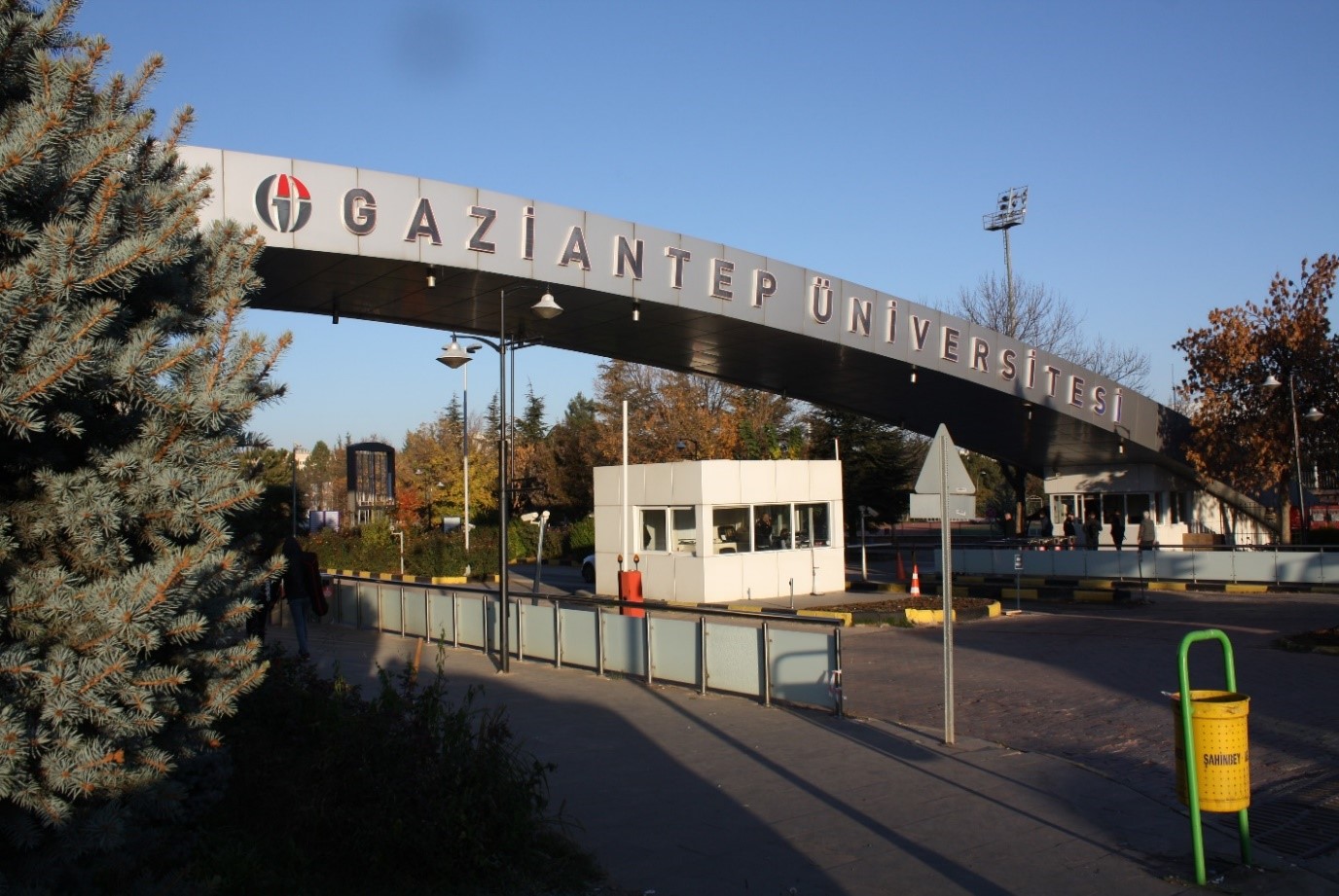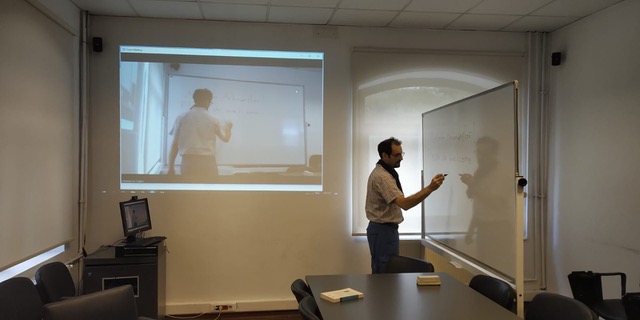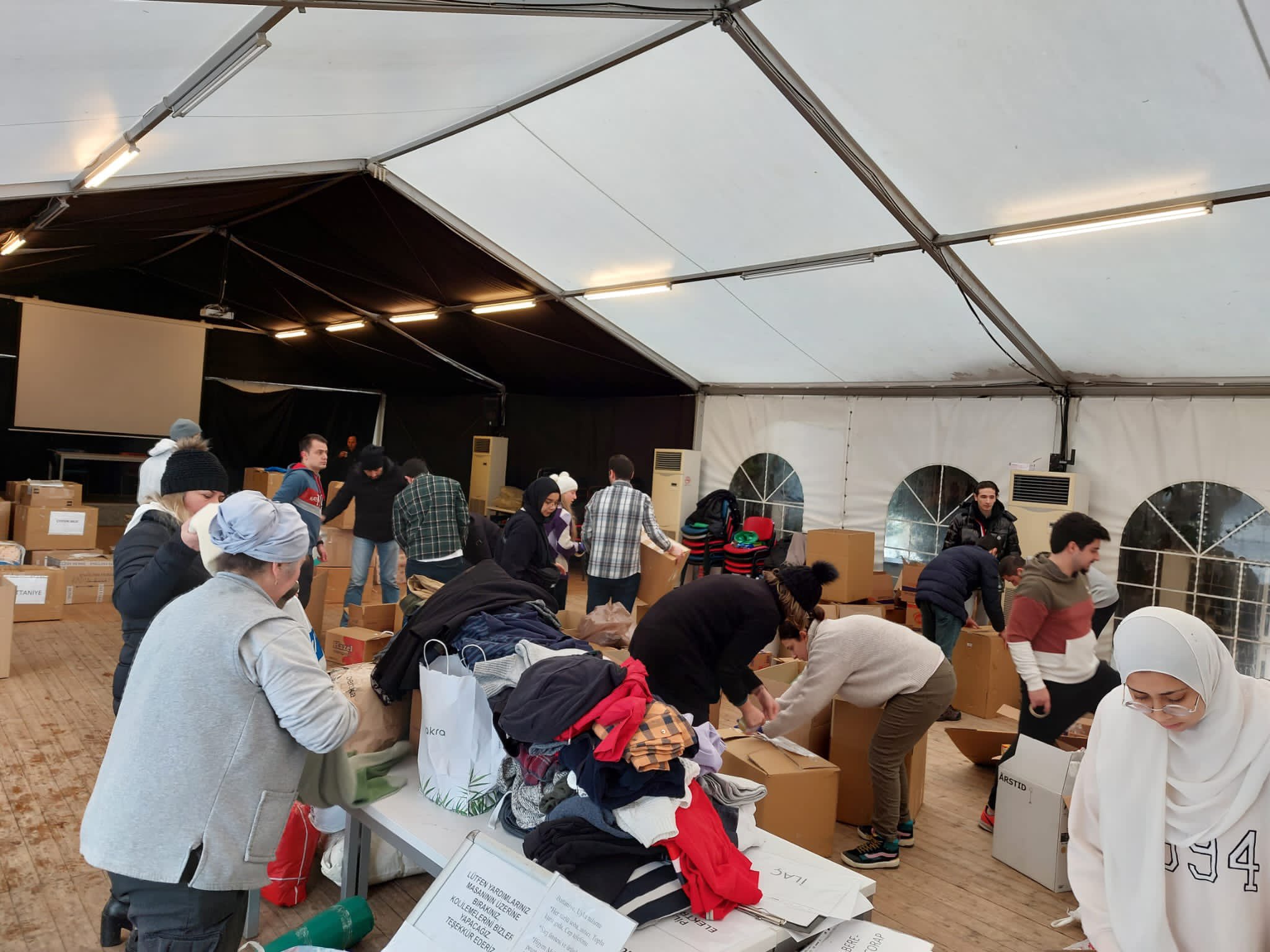Universities can be places of belonging where refugees can feel at home, writes Begüm Dereli, helping them become members of the host community and allowing hopes of a better future
- This post is part of a special issue, Higher education during times of crisis in Türkiye
“Studying gives my future back to me. I did not have any hope for my future, but now I have a future.”
Formal schooling gives young refugees a belief in a “better future”, as the above words, from a 23-year-old Syrian student, would attest. During the 2022-2023 academic year, there were 58,213 Syrian students out of a total of 301,694 international students enrolled in Turkish universities. While the number of Syrian students in Turkish higher education institutions has been steadily increasing each year, it remains below the levels seen in Syria before the war, as well as below the overall attendance rate in Türkiye. Globally, the largest age group of refugees are children and youth, whose access to education is crucial for their future and the future of their countries of origin and host countries. However, worldwide, only seven percent of the university-aged refugee population are able to access higher education. This figure is very low compared to the 40% enrolment rate of youth worldwide.
This blogpost is based on my doctoral research and highlights the pivotal role that university campuses play in a building a sense of belonging for many young refugees aged 18-30. The age range is broad enough to include the experiences of refugees who have spent gap years without access to education due to displacement. My fieldwork is based on a refugee-centred methodology, focused on the agency of refugee youth to define and interpret their own experiences, particularly when it comes to their inclusion experiences. The aim is not to generalise the findings, but rather to offer insight into the varied experiences of refugee youth. This methodology differs from the conventional top-down approach of integrating refugees into the host country through policies. Instead, the focus is on the individual journey of feeling connected to a place and society. Testimonial evidence demonstrates that several factors enhance refugee students’ sense of belonging, both on and off campus. These factors include the role of memories in fostering a connection to the university, the welcoming and comfortable campus environment, building relationships with local and Syrian peers, embracing a university student identity that extends beyond campus boundaries, higher education empowering refugees to envision a brighter future, and acquiring citizenship.
Delineated spaces
Ahmad is a young man I have encountered just outside the university gates. As we walk through the entrance, he begins sharing his journey of getting into the university. To be able to pass the security control and enter the university space, he shows his student identity card to the security guard. In Türkiye, university spaces are typically delineated by borders and checkpoints, where entry is granted on presentation of a valid university ID card indicating student or staff status. Ahmad’s student identity card not only allows him to pass through security, but it also serves as a symbol of his belonging to this space, granting him a university student identity. His demeanour grows increasingly relaxed as he greets fellow students with warmth, alternating between Arabic and Turkish. He starts showing me around like a good host would do, and he explains to me his life on campus. It is evident that the campus holds a special place in his daily life; it is where he feels most accepted, where he feels at home. Ahmad’s experiences with space are divided into those inside and those outside the campus. While the campus is not entirely free of prejudice or discrimination, he feels like a part of it, he feels more at home, and he feels less like a refugee and more like a university student.
 Students must pass through a security checkpoint to enter Gaziantep University
Students must pass through a security checkpoint to enter Gaziantep University
Ahmad is a Syrian living in Gaziantep, Türkiye. While official statistics no longer classify him among the 3.3 million Syrian refugees in the country due to his recent acquisition of Turkish citizenship, he, like many others, is often still regarded by society as a Syrian refugee. It’s noteworthy that almost half of the individuals I interviewed for my research had already obtained Turkish citizenship at the time of the interviews. Their motivations for seeking citizenship included equal access to rights, enhanced spatial mobility, legal security, and social acceptance.
Do I belong here?
Citizenship is seen as the cornerstone and a fundamental step in the integration process for refugees, offering them equal rights as citizens. However, it’s important to acknowledge that studies indicate that migrants’ sense of belonging to their country of residence is not solely dependent on citizenship; it extends to the cities and places where they actively participate in various aspects of life. The sentiments of a young Syrian woman reflect this complexity: “I am a Turkish citizen now, but do I belong here? I think this is what really matters.”
It’s crucial to recognise that the rise of anti-Syrian xenophobia in the daily lives of refugees in Türkiye can often erode their sense of belonging. However, belonging comprises two closely intertwined dimensions: place-belongingness, representing an individual’s feeling of being at home in a particular location, and the politics of belonging, encompassing the societal and spatial mechanisms that define the boundaries between “us” and “them” in terms of inclusion and exclusion. Thus, when “here” signifies spaces, such as a diverse and multicultural campus, where young refugees are embraced as part of the “us” with their new university membership, this offers them an opportunity to shed the stigmatised perception associated with Syrian refugees and provides them with a more secure environment to connect to their new surroundings. It allows them to embrace the identity of simply being students. It’s commonly observed that when refugees participate in classes or club activities at the university, where they feel they are seen first and foremost as students rather than refugees, they feel more belonging.
“After all this struggle, I was finally in a university. I was free.”
While accessing higher education and studying in universities, Syrian refugees often need to overcome many challenges: language, prejudice, economic difficulties, lack of social bridges and social bonds, as well as academic hardships. Pursuing higher education at a university on its own is a significant accomplishment for many refugee youth. An inspiring example is a young woman, only 21 years old, who overcame formidable economic challenges to achieve this milestone in her life. Her journey began when she arrived in Türkiye at the age of 13, when she immediately took on multiple jobs to provide financial support to her family. Even though her heart was set on pursuing higher education, her family was initially apprehensive about her aspirations. Undeterred, she embarked on a path of self-improvement, without any family and institutional support, enrolling in Turkish language courses and participating in open high school classes. Her unwavering determination eventually led to her acceptance into a university, marking a remarkable triumph in her life. She describes her experience with great enthusiasm, saying, “After all this struggle, I was finally in a university. I was free.”
A better future
Universities not only empower young refugees to have self-sufficient lives and contribute to society, they also give them their normality back, which gives them hope to create a better future for themselves. Universities, like schools or workplaces where real interaction occurs on more equal terms, play an essential role for refugees to become members of the host community with a sense of belonging and feeling at home.
Note: Ahmad is not the student’s name, but a randomly chosen pseudonym.
_____________________________________________________________________________________________ This post is opinion-based and does not reflect the views of the London School of Economics and Political Science or any of its constituent departments and divisions, nor those of the author’s affiliated institutions. _____________________________________________________________________________________________
Main image: Begüm Dereli





